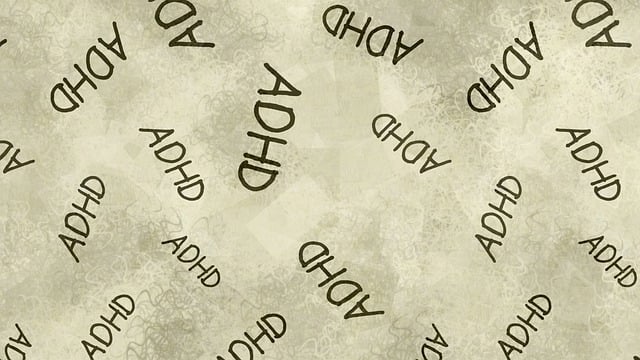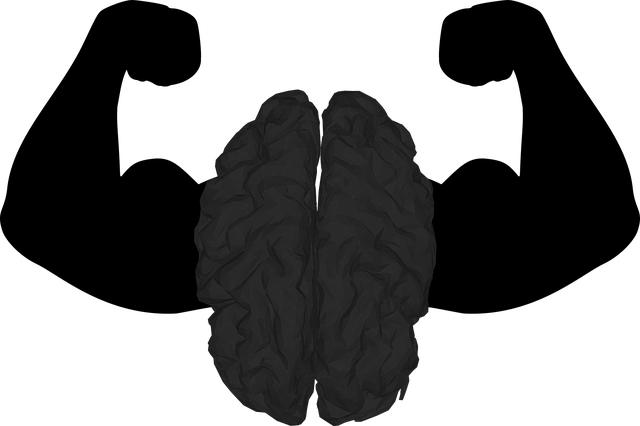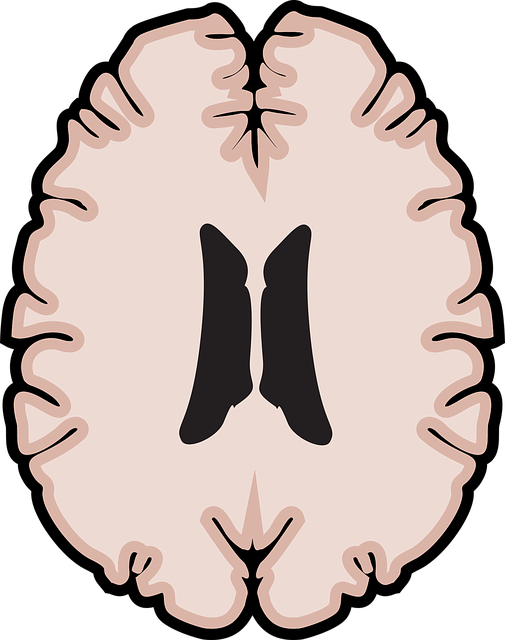Castle Rock Child Abuse Therapy (CRCAT) combines structured assessments, client self-reports, and clinical observations for comprehensive mental health data collection. They prioritize cultural competency, conflict resolution, and building client confidence to create safe spaces. Data analysis identifies trends in areas like self-esteem, guiding personalized interventions. Effective communication of findings, using clear language and visual aids, ensures actionable strategies. Emotional intelligence and burnout prevention among professionals are crucial for interpreting and conveying sensitive data, fostering a supportive therapeutic environment tailored to each client's unique needs.
Mental health data analysis is a powerful tool for understanding and improving services, especially in contexts like Castle Rock Child Abuse Therapy. This article delves into the intricate process of collecting, analyzing, and interpreting mental health data to enhance treatment outcomes. We explore strategies at Castle Rock that have proven effective in navigating complex datasets, ensuring insights are accurately communicated to inform service improvements. By learning from these approaches, therapists and organizations can provide more tailored, effective care.
- Understanding Mental Health Data Collection at Castle Rock Child Abuse Therapy
- Analyzing and Interpreting Data to Improve Services
- Strategies for Effective Communication of Findings
Understanding Mental Health Data Collection at Castle Rock Child Abuse Therapy

At Castle Rock Child Abuse Therapy (CRCAT), understanding mental health data collection is a cornerstone of their practice. CRCAT recognizes that gathering accurate and comprehensive data is essential for effective treatment planning. They employ a multi-faceted approach, incorporating structured assessments, clinical observations, and client self-reports to capture the nuances of each individual’s experience. This holistic method ensures that therapists gain a deep understanding of clients’ mental health landscapes, enabling them to tailor interventions accordingly.
The healthcare provider at CRCAT also prioritizes cultural competency training to navigate diverse backgrounds and experiences. By integrating Conflict Resolution Techniques and boosting client confidence, they create a safe space for vulnerable populations to share their stories. This focus on both data collection and relational building underscores CRCAT’s commitment to delivering evidence-based, compassionate care tailored to each unique client.
Analyzing and Interpreting Data to Improve Services

Analyzing mental health data is a powerful tool for professionals like those at Castle Rock Child Abuse Therapy to enhance their services. By delving into the numbers, they can identify trends and patterns among clients, revealing areas where support might be lacking. For instance, analyzing survey responses from therapy participants could highlight specific issues related to self-esteem or mental health awareness that require more attention. This data-driven approach allows for targeted interventions and tailored strategies to address these concerns effectively.
For example, Self-Awareness Exercises can benefit clients by encouraging them to reflect on their emotional states and triggers, which can be captured through regular assessments. These insights can then guide therapists in personalizing treatment plans, focusing on areas such as improving self-esteem and developing healthier coping mechanisms. This process ensures that the services provided are not only responsive but also proactive in meeting the unique needs of each individual, fostering a more supportive and positive therapeutic environment.
Strategies for Effective Communication of Findings

Effective communication of findings from mental health data analysis is paramount to ensuring that insights translate into actionable strategies. Professionals like those at Castle Rock Child Abuse Therapy must employ clear, concise language tailored to their audience. This includes using straightforward terms and avoiding jargon, especially when presenting results to non-experts or stakeholders who may not have a technical background in psychology or therapy. Visual aids, such as charts and graphs, can significantly enhance comprehension by providing a complementary visual representation of data trends and patterns.
Additionally, fostering emotional intelligence among the team is crucial for interpreting and conveying complex data. Mental health professionals should be adept at recognizing and managing their emotions while effectively communicating sensitive information. This self-awareness helps in gauging the impact of findings on various stakeholders and tailoring messages accordingly. Incorporating strategies for burnout prevention, like regular debriefings and support systems, can also mitigate potential emotional strain associated with analyzing challenging mental health data, ensuring professionals remain engaged and objective.
Mental health data analysis is a powerful tool for enhancing services at organizations like Castle Rock Child Abuse Therapy. By understanding how to collect, interpret, and communicate data effectively, therapists can make informed decisions to improve outcomes for clients. This strategic approach ensures that services are tailored to meet the unique needs of individuals seeking support, fostering a more compassionate and efficient therapeutic environment.














